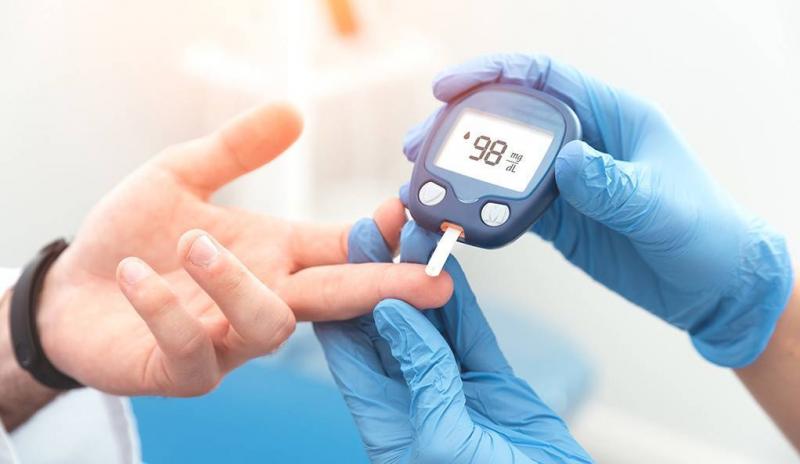Maintaining balanced blood sugar levels is one of the most important things you can do for your overall health; it not only positively affects your energy and mood but can also help in preventing serious diseases and chronic conditions. A continuous high blood sugar spiral can make it difficult for your body to transport glucose efficiently from the bloodstream to the cells that need it for energy, known as insulin resistance over time. If glucose levels in the bloodstream remain high for too long, it can lead to damage to blood vessels, nerves, and even organs, according to what was published by "Eat This."
1. **Consuming Sugar or Carbohydrates:** It may seem obvious, but regularly eating candy, sugary cereals, or other foods made primarily of straight sugar with little nutritional value is prohibited. When we eat large amounts of carbohydrates or sugars, significant amounts of glucose are released into the bloodstream, causing blood sugar levels to rise much higher than what your body can manage. The pancreas then has to pump a lot of insulin to help manage the raised glucose, leading to a drop in high blood sugar levels, resulting in decreased energy.
2. **Overindulging in Refined Carbohydrates:** White bread, pasta, pastries, and other foods made from white flour are not ideal for regulating blood sugar levels; most refined grains lack protein and fiber. Therefore, consuming a lot of refined grains, especially without anything else, will cause spikes and drops in blood sugar levels.
3. **Ignoring Meal Times:** If you spend too long without eating a meal or snack, your blood sugar levels will drop significantly; this is also known as hypoglycemia and results in feelings of lethargy and fatigue because your body literally lacks the energy to perform all its usual functions. The preferred energy source for your brain is also glucose, so mental clarity can also be affected when blood sugar levels drop.
4. **Not Drinking Enough Water:** Did you know that dehydration negatively affects blood sugar levels? Your body produces a hormone called vasopressin, and when you do not drink enough water, vasopressin causes the kidneys to retain fluids, preventing the body from excreting excess sugar in urine. Drinking water consistently throughout the day helps maintain stable blood sugar levels.
5. **Consuming Sugary Beverages:** Nutritionists say that drinking sugar-sweetened beverages like soda, sports drinks, and some fruit juices is one of the worst habits you can practice regarding blood sugar. These drinks are essentially "empty calories" and do not provide any other nutrients like fiber, fat, or protein to slow down sugar absorption. Worse yet, liquids are digested and absorbed much faster than solid foods, which can lead to more rapid and dramatic blood sugar spikes, according to what was reported by "Youm7." According to the Harvard School of Public Health, the average can of sugar-sweetened soda or fruit drink contains 150 calories, almost all of which come from added sugar. A study published in 2010 in the journal Diabetes Care found that participants who consumed one to two servings of sweetened beverages daily had a 26% higher risk of developing type 2 diabetes compared to those who consumed less than one serving per month.




